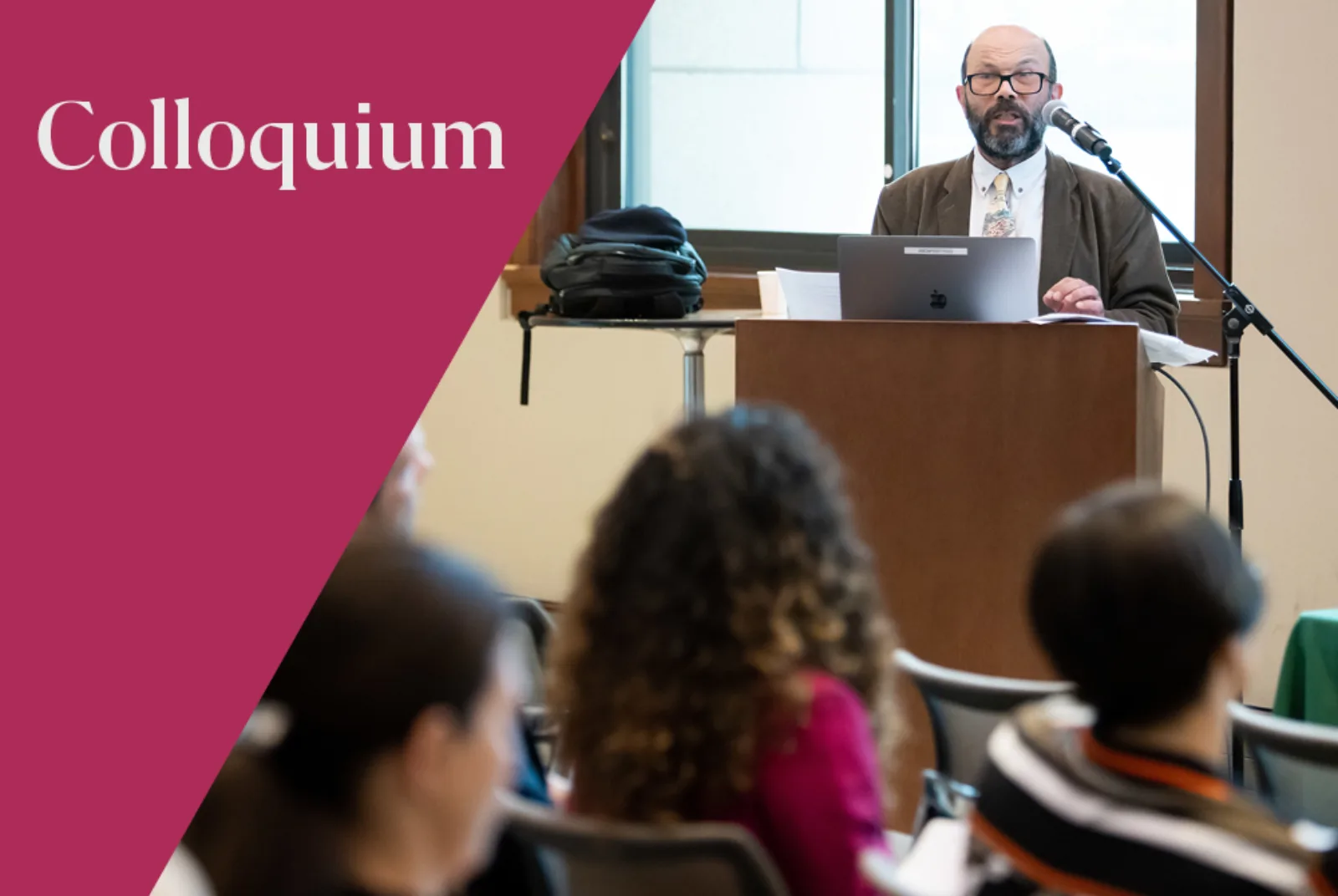News About News: New Acquisitions in Genealogy and Journalism
During the Late Postclassic period (1250-1524 CE), the K'iche' from the Maya highlands created an expansive state able to subdue various nations and form a network of dependent polities. In this presentation, I will discuss the sources of their power, focusing on the impact of integrating of various communities of different sizes named chinamit an amaq’ into the K’iche’ regime. The integration process not only involved the incorporation of social groups and territories, but also the replication of communal government and communal solidarity that existed at the chinamit level. I proposed that the collective government among the K’iche’ was expressed through the verb tzuq, meaning “sustain.” This verb denotes the existence of mutual dependency between rulers and ruled and a long-term commitment to serving for the well-being of the community. This presentation aims to discuss the tzuq concept and how the K’iche’ government operationalized it.
Speaker
Iyaxel Cojtí Ren is a K’iche’ cultural archaeologist. Iyaxel completed her PhD in the department of anthropology at Vanderbilt University in Nashville, TN. Since 2021, she has worked as an assistant professor at the University of Texas at Austin. She serves as director of the Baja Verapaz Regional Archaeological Project (PARBEZ) and as co-investigator of the Mayalex Project. Her research and publications focus primarily on the archaeology, history, and culture of the Maya highland nations of Guatemala, past and present.
About Colloquium
Colloquium is a weekly series of talks featuring staff, fellows, and scholars who are working with the library’s vast collections. These events bring together experts from various fields to share their research on a wide range of topics, followed by an opportunity for the audience to ask questions and engage in conversation.
Colloquium is open to the public and offers a chance to explore fascinating ideas and new discoveries. No advance registration is required.
